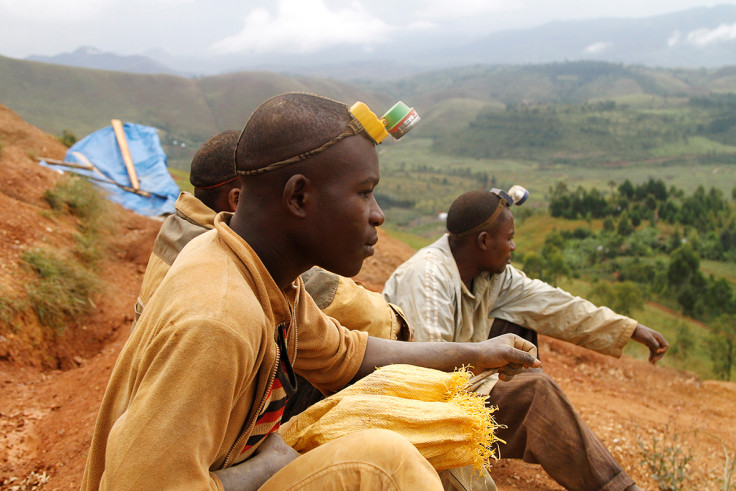DRC rights campaigners warn Donald Trump may suspend conflict minerals rule
Human Rights Watch warns reversing Dodd-Frank Rule could benefit abusive armed groups such as ADF.
Human rights campaigners have expressed fears that US President Donald Trump's administration may suspend a rule that requires companies to disclose whether their products contain "conflict minerals" from the Democratic Republic of Congo (DRC), that either directly or indirectly benefits armed groups.
On 8 February, Reuters reported Trump was planning to issue a directive targeting the controversial rule nestled in the Dodd-Frank Wall Street Reform and Consumer Protection Act which requires listed companies, including Apple, Intel, HP and Tiffany & Co, to report annually on their conflict minerals supply chain examination process.
Human Rights Watch (HRW) said it was "concerned" about the potential suspension of the order for two years, saying the move would "undermine" positive efforts to eliminate conflict minerals from the supply chains of major companies.
"All these steps would undermine positive efforts to eliminate conflict minerals from the supply chains of major companies, which is vital since the trade in conflict minerals has helped enrich abusive armed groups in Congo and neighbouring countries," HRW said in a statement on Friday (10 February).
The term "conflict minerals" is used to describe raw materials, such as gold, tungsten, tantalum and tin, that are mined in areas where fighting or human rights abuses take place. The illicit trade in these critical minerals used as key components in the electronics, jewellery and aerospace industries has helped enrich abusive armed groups in Congo and neighbouring countries.
Local armed groups fighting for the control of gold mines and trading routes in Congo have allegedly committed war crimes and crimes against humanity using the profits from gold to fund their activities and buy weapons.
As reported by IBTimes UK, there has recently been a surge in attacks committed by armed group Allied Democratic Forces, known as ADF-Nalu on villages in North Kivu.
According to witnesses and survivors, the warlords carried out summary executions and abuses against civilians, forcing thousands to flee as they sought to exploit natural resources under the North Kivu's fertile ground. Civilians have been either forced or tricked into working in illicit mines.
"If the Trump administration wants to 'drain the swamp,' it makes no sense to undermine companies trying to keep money out of the hands of abusive thugs," said Arvind Ganesan, business and human rights director at HRW. "Leading companies have embraced the rule and proven that it works."
The law, known as Dodd-Frank 1502, was passed in 2010 and implemented in 2014.
Check out our Flipboard magazine - Who's who in the battle for DRC by IBTimes UK
In this series on the Democratic Republic of the Congo, IBTimes UK takes a closer look at the eastern regions of South and North Kivu where civilians are still at the mercy of armed groups and the Congolese armed forces, who have all been accused of committing serious war crimes.
Read more about the armed groups in the DRC here.

© Copyright IBTimes 2025. All rights reserved.






















